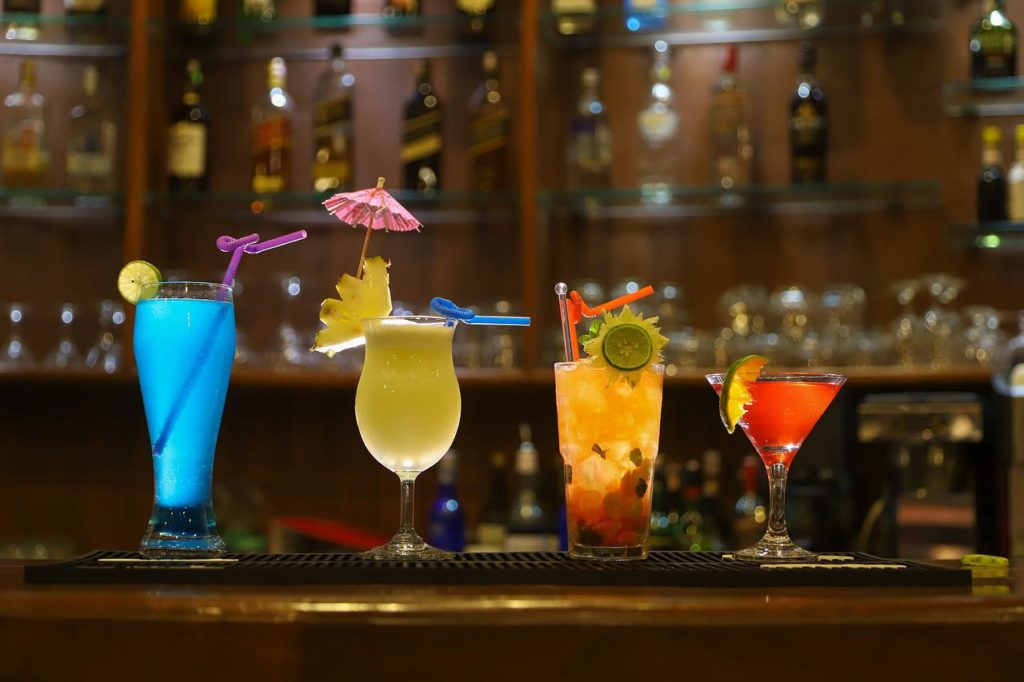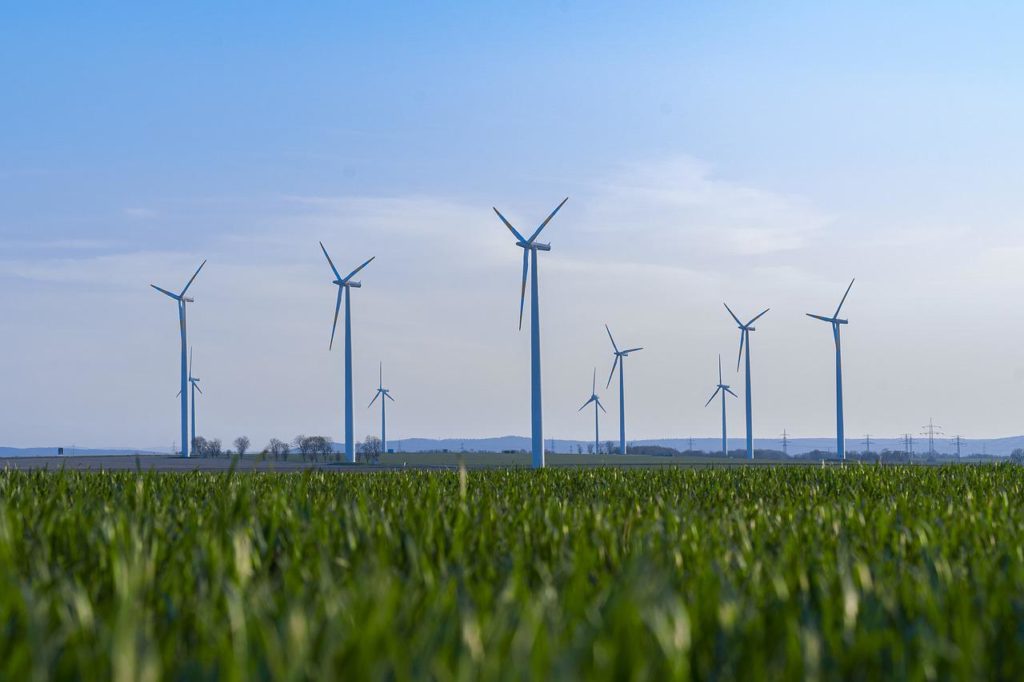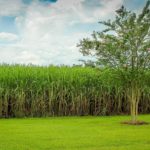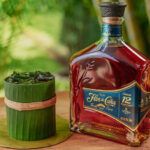Sustainability in the Rum Industry (Part I)
From cane cultivation to packaging, rum production has a considerable environmental impact. In particular, the distillation process requires a lot of water and energy to heat and purify the alcohol while producing large amounts of waste. However, the challenges that the rum category faces on this matter also come with plenty of opportunities.
The spirits industry is evolving and with it, its environmentally sustainable operations to reduce its carbon footprint. Today, rum brands are engaging in eco-friendly practices at every stage of the production process.
Such initiatives focus on resource management, energy-saving technologies, green infrastructure, waste reduction, recycling, biodegradable packaging, and cleaner transportation.
Let’s look at some of the rum brands that embrace sustainability as part of their business practices.
Sustainable Rum Brands
Flor de Caña
The Nicaraguan premium brand distills its rum with 100% renewable energy generated from biomass, recycling all CO2 emissions during fermentation. Then, rums are aged naturally in bourbon barrels for up to 30 years without adding any artificial ingredients or sugar.
They use the leftover residue from the squeezed sugar cane (bagasse) and burn it to produce steam, powering turbines to produce electricity. The excess electricity goes to the country’s network.
In 2018, Flor de Caña was certified as Carbon Neutral and Fair Trade; the latter is a certification that ensures good working conditions for employees. Other certificates include Worker Health and Safety ISO 45001:2018 and Environmental Management, ISO 14001.
Flor de Caña also received the “Sustainability Award” in the 2020 Green Awards, and during the Spirits Business Awards in 2021, it obtained the “Distillery Sustainability” and “Ethical” awards. The double recognition was due to their global leadership in sustainable practices and significant commitment to reducing its environmental impact.
In 2021, the company also launched its first “Zero Waste Month” campaign, which embraced a sustainable cocktail challenge that encouraged bartenders to create cocktails with sustainable ingredients, as well as invited eco-conscious bars, restaurants, and consumers to address food waste.
As part of the campaign, they help participating venues design their sustainable cocktails and adopt conscious methods into their everyday operations. Flor de Caña also educates consumers by sharing useful material and sustainable recipes on its digital platforms to implement at home.
The brand also organizes the “Flor de Caña’s Sustainable Cocktail Challenge,” which invites the world’s most talented bartenders to compete for different prizes. This competition mainly promotes the creative use of sustainable ingredients in cocktails.
Sustainability has been, therefore, a core value for the company since its foundation. Flor de Caña has been working for both the community and the environment through different strategies that go beyond eco-friendly practices. They promote accessible education and healthcare to employees and their families, as well as community outreach programs through donations and local support.
Flor de Caña, as part of Amazon’s Climate Pledge Friendly program, continues working on its green targets. Since 2005, they have planted about 800,000 trees thanks to their annual reforestation program. By 2025, the brand aims at reaching one million trees in partnership with One Tree Planted.
Likewise, they plan to reduce up to 9 tons of food waste through indulgent zero-waste cocktails in collaboration with Food Made Good—a global non-profit that promotes sustainability within the foodservice industry—and with help from eco-conscious bars and mixologists worldwide.

Bacardi
Bacardi has a dedication to sustainability, as well. The company uses its solid waste as biogas—a naturally forming gas created by the decomposition of organic material—to generate electricity for the distillery. Bacardi also installed an ultraviolet ray filtration system, which purifies the water and makes it clean enough to be reused in distillation. Such an initiative helps to reduce its water usage by up to 22,000 gallons daily.
Globally, the company plans to reach zero solid waste through the “Good Spirited: Building a Sustainable Future” initiative. Its efforts to achieve such a goal consist of sorting and collecting (for recycling) various leftover packaging materials such as glass, plastic, aluminum, paper, and cardboard.
The company has also made some other green innovations at the distillery in Cataño, Puerto Rico, that include, among others, wind turbines that harness ocean breezes to power the Casa BACARDÍ Visitor Center and solar skylights to save energy and control temperatures in the warehouses used to age their rum.
In partnership with World Wildlife Fund (WWF), the brand also helps sugar cane growers in Fiji develop models, which are sustainable farms that protect the Great Sea Reef. Furthermore, in Puerto Rico, Bacardi also expanded the distillery’s pollinator garden to increase the number of bats, native bees, honey bees, and monarch butterflies while enhancing the sustainability of its operations. As a fan fact, these species play a significant role as pollinators of the sugar cane plants.
This vital expansion allows Bacardi to obtain its second Wildlife Habitat Council (WHC) certification for its commitment to environmental stewardship, being the only organization in Puerto Rico to achieve this.
Today, the brand has to reduce packaging by 25%. This year, they have zero waste to landfill in operations as a primary goal. Now, Bacardi is already 99.8% of the way there. By 2025, they aim at 100% of key raw materials from sustainable sources. By 2030, 100% plastic-free for the entire range and all paper and cardboard sustainably certified by FSC (Forest Stewardship Council), meaning a certified paper made responsibly harvested wood fiber.
Diplomático Rum
Diplomático Rum is rooted in three core pillars to achieve responsible production: streamlining its process, protecting the environment, and respecting its people.
The distillery runs on 80% self-sustaining energy, and their co-generation system combines thermal and electrical energy, which reduces fossil fuel consumption by 48%. They also have an internal program to recycle solid waste, including glass, metal, cardboard, paper, and plastic.
As a result, the brand recycles over 270 tons of solid waste annually. Besides, their cooling systems have reduced their water consumption by 50%. The brand also found that they could apply the same recycling principle to 100% of their vinasse, a residue from the molasses after fermentation and distillation.
Therefore, Diplomático started to transform all liquid waste into organic fertilizer that not only feeds their cultivation of over 1,000 hectares of sugar cane but also the lands of over 25 families that have their crops within the immediate region of their distillery.
Recently, the Venezuelan brand designed the “Distilled Consciously” program, which represents their commitment to prioritizing more responsible business practices, engaging people around their initiatives, and making positive changes for future generations of passionate rum-makers.
Such a sustainability program results from the commitment of the brand’s employees, partners, and distributors, who understand the impact of the rum-making process on the environment, so they aim to protect natural and human resources.
Like Flor de Caña, Diplomático is launching initiatives worldwide to fight against food waste with its partners, distributors, and consumers’ support. For instance, the pilot program “USA Project Leftover” and the “Canada Zero Waste Project” aimed to reduce waste and redirect food to those in need. This pilot initiative has already enlisted about 100 restaurants, helping reduce food insecurity.
Since 1992, the brand has planted over 16,000 trees through active reforestation programs that increase local biodiversity. Nowadays, their main goal is to encourage consumers to join them in such initiatives and create awareness of the environment by collaborating with NGOs ́s and other key actors to get more significant results.
Montanya Distillers
Montanya Rum’s sustainability efforts cover different strategies. They have reduced their carbon emissions by using renewable energy sources, planting trees, eliminating plastic straws, and capturing methane from landfills. The bottles come from a green supplier, and the labels and case boxes are printed on FSC-certified paper.
The American company has collaborated with different organizations that help companies offset plastic use. The brand also funds innovative waste management programs in communities most affected by indiscriminate dumping of plastic. These actions, among others, allowed them to receive the Plastic Neutral Certification through a partnership with rePurpose Global, which funds the collection and processing of nature-bound plastic.
Furthermore, all the brand’s facilities are 100% wind-powered, including the distillery, barrel room, warehouse, and tasting room. The distillery and tasting room use recycled heat produced by Montanya’s stills. What’s more, they buy U.S. grown sugar cane from a co-op that generates the electricity it uses from the sugar cane itself.
As part of their green efforts, they have planted trees, installed innovative renewable energy like photovoltaic solar grids, and captured methane from landfills, all in the U.S. So far, they have reduced landfill-bound waste by 75%.
In 2021, Montanya Distillers received the Silver Environmental Achievement Award through Colorado’s Environmental Leadership Program (ELP) in recognition of their efforts to become zero waste and their creativity in processing organic waste from the bars and restaurants with a biodigester.
Montanya Distillers has also been recognized twice (2019 and 2021) as a Best for the World B Corp because of its commitment to environmentally sustainable business practices and policies. B Lab’s Best for the World program awards the certified B Corporations around the world that have achieved the highest score in five impact areas: community, customer, environment, governance, and employees.
Currently, Montanya is working on the implementation of a formal Environmental Management System while promoting waste-free rum education events.

Don Q
Don Q is one of the pioneers in environmentally conscious production practices. Nowadays, their distillery has an innovative wastewater treatment system, which allows them to maximize their production capacity and do what is more beneficial for the Puerto Rico and the Caribbean Sea ecosphere.
The brand filters and stores water leftover from the distillation process. It also uses solid leftovers as a nutritious compost fertilizer and clean water for agricultural irrigation.
Don Q offsets more than 50% (about one million gallons of saved fuel) of its annual oil usage with biogas to power the steam generator that runs the stills. Moreover, the brand captures the CO2 and stores it in tanks, which are then sold to local soda producers for carbonated soft drinks.
Today, they are working on their next ‘green’ step: using bottles made from recycled glass.
Although sustainability in the rum industry implies more budget and costly equipment, consumers prefer eco-friendly products, being more likely to pay for them. At the same time, spirits brands have been encouraging their consumers to think more sustainably. Therefore, rum makers continue setting green targets in every part of their supply chain.
Every day, they identify new areas for improvement. Yet, there is still a long path ahead. Network on sustainability is a key to advance on this issue. Initiatives such as the Sustainable Rum Summit (SRS) may help. The Summit aims to bring together industry leaders, craft distillers, investors, distributors, promoters, policymakers, researchers, governments, banks, and NGOs to engage and share ideas or solutions with the rum community.
These solutions cover policies, research projects, funding, sustainable sourcing, marketing, and innovation in the spirits industry to reduce costs while saving the planet. The ultimate goal is to create the resilient and sustainable rum brands of tomorrow, which genuinely take spirits from the grass to the glass.





